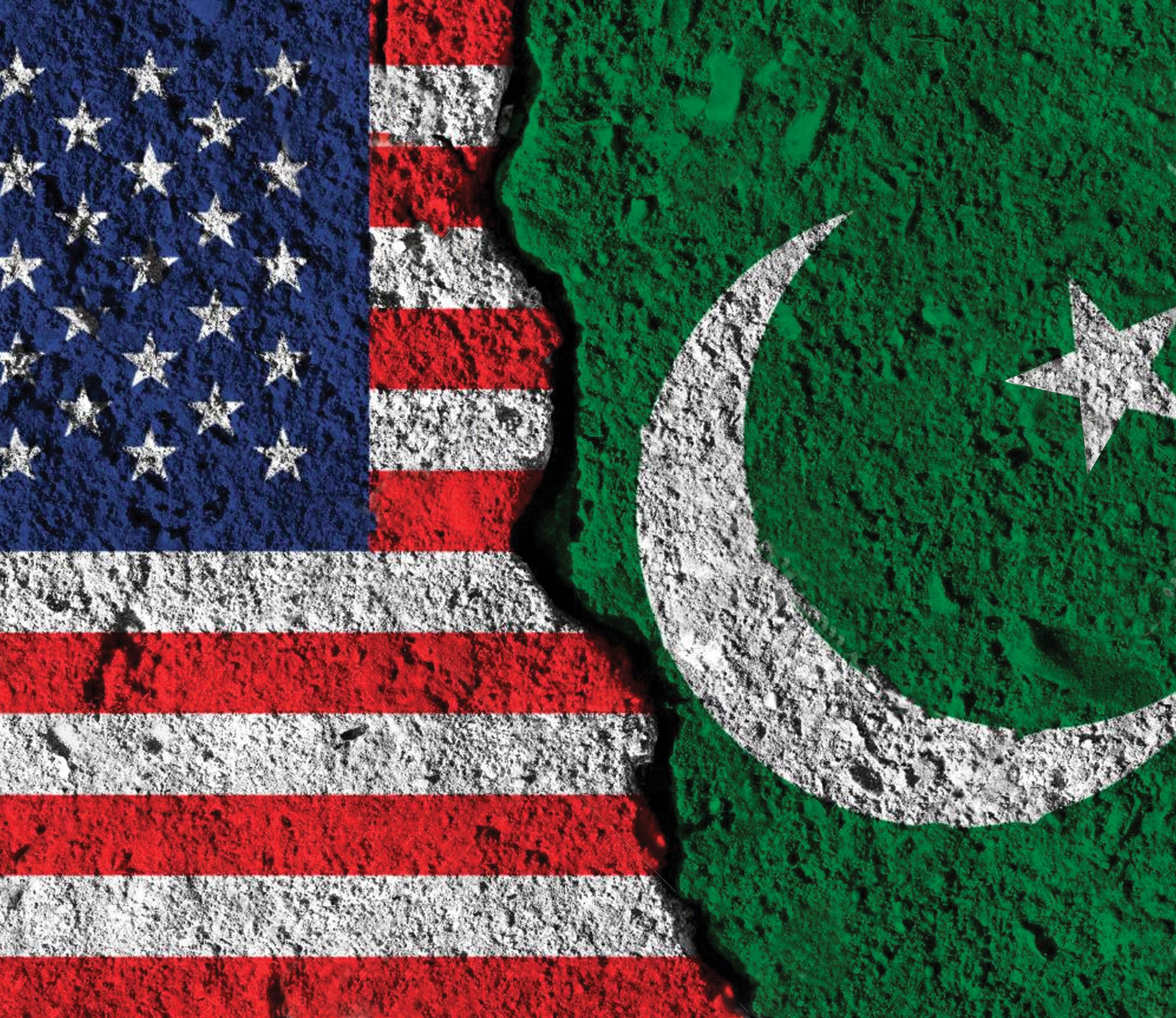Arshad Mahmood Awan
The recent meeting between Pakistan’s Foreign Minister Ishaq Dar and US Secretary of State Marco Rubio has brought cautious optimism about the future of Pakistan-US relations. After years of strained diplomacy and intermittent engagement, both sides now seem willing to turn a new page — one that emphasizes economic cooperation over the traditional security-driven agenda.
This renewed engagement is not entirely unexpected. It appears to be the result of a quiet diplomatic thaw that began taking shape when former US President Donald Trump hosted Pakistan’s military chief, Field Marshal Asim Munir, for a private lunch at the White House. While the gesture went largely unnoticed in public discourse, it has evidently helped rebuild diplomatic trust and opened the door for high-level talks like the one we saw last Friday.
The Dar-Rubio meeting covered a wide range of issues, including trade, investment, counterterrorism collaboration, and cooperation in critical minerals and mining. Also on the table was the recent flare-up between Pakistan and India — an issue President Trump has taken credit for helping to de-escalate. Yet what stood out most was the clear shift in tone from Islamabad. Minister Dar’s post-meeting remarks suggest that Pakistan is now placing strategic emphasis on building a stable and long-term economic partnership with Washington, rather than solely seeking support on regional disputes like Kashmir.
Speaking at the Atlantic Council after the meeting, Mr. Dar mentioned that a breakthrough trade deal on the steep 29% reciprocal tariffs imposed during Trump’s presidency was imminent — possibly a matter of days rather than weeks. These tariffs, originally part of Trump’s “Liberation Day” trade policy, have been a sticking point in bilateral trade. Their removal could offer a major boost to Pakistan’s exports, especially at a time when the country is struggling to revive its external trade and attract foreign investment.
Mr. Rubio also noted the importance of strengthening trade and investment ties, with particular interest in the critical minerals sector. This reflects growing global competition over rare earth elements and essential minerals used in clean energy and digital technologies. Pakistan, rich in untapped mineral resources, stands to benefit greatly from American interest — provided it can create a stable regulatory environment and offer secure investment opportunities.
This emerging economic alignment between Pakistan and the United States could mark a welcome departure from the transactional, security-focused relationship that has long defined their ties. For decades, the partnership was centered on military aid, counterterrorism cooperation, and the geopolitics of the region. While these elements remain relevant, a pivot toward sustainable economic cooperation is a much-needed shift. It not only opens doors for mutual growth but also fosters people-to-people ties, entrepreneurial exchange, and innovation.
Please, subscribe to the YouTube channel of republicpolicy.com
The fact that the US continues to be Pakistan’s largest export market and home to its largest fixed foreign investment portfolio is a reminder that economic ties have always been the quiet strength of this relationship. This strength must now be brought to the forefront. By moving away from episodic political alignment and building a steady, interest-based economic framework, both countries can enjoy a more stable and predictable partnership.
For Pakistan, this is also an opportunity to push forward structural economic reforms that improve its attractiveness to American investors. Streamlining regulatory processes, protecting investor rights, investing in human capital, and prioritizing sectors like information technology, artificial intelligence, and clean energy can turn this partnership into a modern, forward-looking alliance. For the US, engaging more deeply with Pakistan’s economy offers a strategic counterbalance to China’s growing influence in South Asia and opens new markets for American businesses.
Moreover, an economic foundation makes room for progress in other areas like counterterrorism. When both sides are invested in mutual prosperity, cooperation in security becomes more consistent and less dependent on immediate threats or aid packages. Trust built through economic collaboration can lead to more meaningful dialogue on shared concerns, from regional stability to climate resilience.
The window of opportunity is open, but it must be handled wisely. Both sides need to ensure that this economic engagement is not treated as a one-off adjustment but as a long-term realignment. The removal of tariffs, for example, should not just be a political gesture — it should lead to a broader trade strategy with clear goals, timelines, and institutional support. Regular diplomatic engagement, open channels between private sectors, and inclusive policymaking are key to keeping this momentum alive.
In the end, a partnership based on economic strength and mutual interest has far better chances of enduring than one built around aid, pressure, or short-term alignments. The US-Pakistan relationship has passed through many turbulent phases, but perhaps this time it can evolve into something more balanced, more predictable, and more mutually beneficial. The potential is there — it’s now up to both sides to seize it.
















